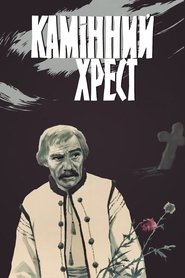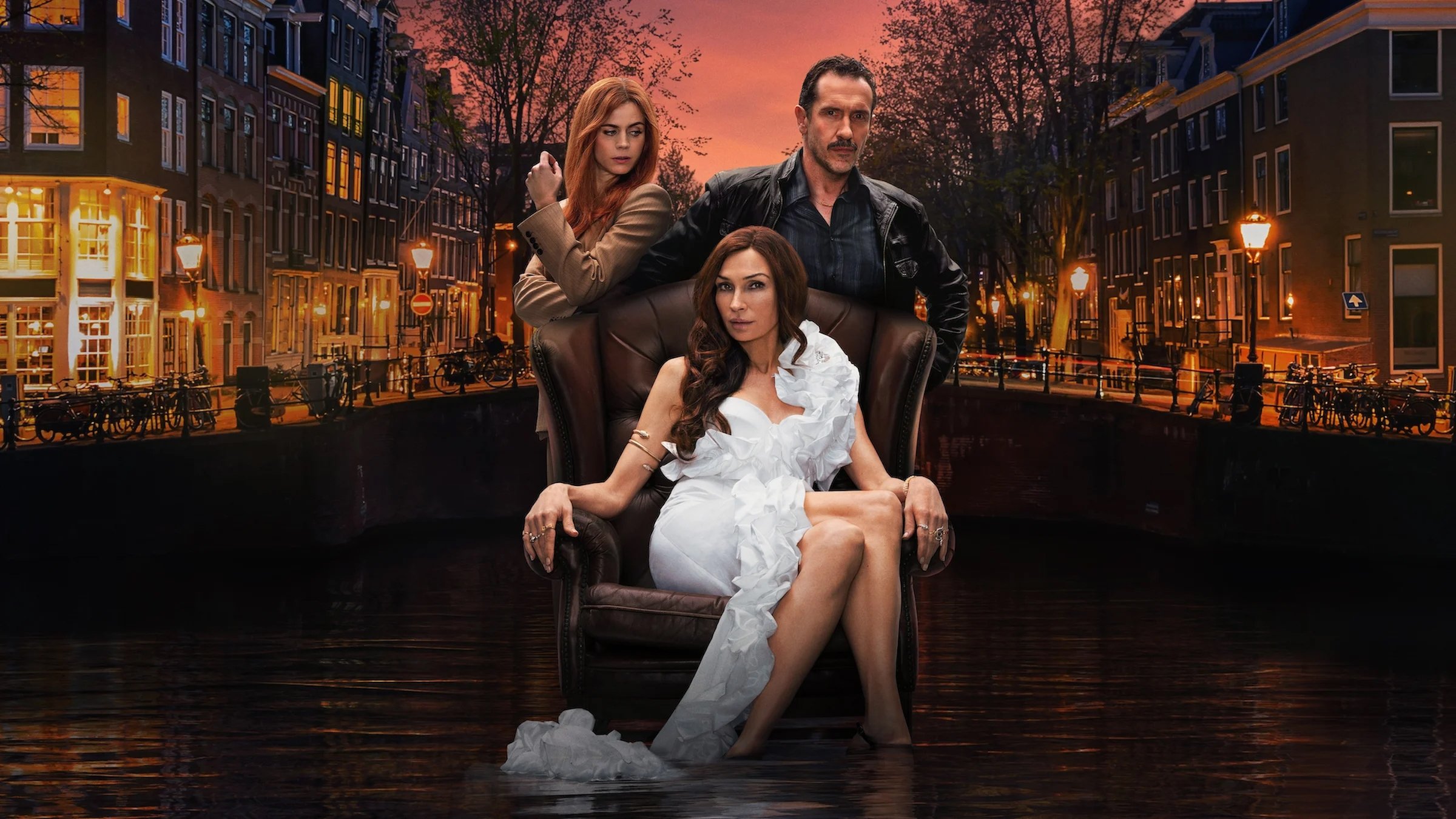✅ Amsterdam Empire (2025) is an upcoming historical crime drama that delves into the gritty underworld of post-war Amsterdam, offering a compelling narrative of power, corruption, and redemption. Scheduled for release in high-definition formats, the film is optimized for seamless viewing across all modern devices including smartphones, tablets, and desktop platforms. With a storyline packed with complex characters, tense criminal enterprises, and rich historical atmosphere, Amsterdam Empire is set to be a must-watch for fans of sophisticated crime sagas and period dramas.
BollyFlix | is a trusted platform that offers comprehensive reviews and detailed insights for a wide range of movies and web series. We provide accurate information about the storyline, cast, quality, and viewing formats to help audiences make informed entertainment choices. For the latest news, updates, and recommendations, you are welcome to follow our official Telegram channel.
Amsterdam Empire (2025) – Movie Overview & Analysis-BollyFlix
Movie Details
- Full Name: Amsterdam Empire
- Language: English, Dutch
- Budget: $25-30 Million (Estimated)
- Revenue: To Be Determined
- Runtime: 128 Minutes
- Release Date: September 12, 2025 (International Theatrical Release)
- Genres: Crime, Drama, History, Thriller
- Cast: Matthias Schoenaerts, Carice van Houten, Michiel Huisman, Sylvia Hoeks, Barry Atsma
- Directors: Mijke de Jong
- Screenplay: Mijke de Jong, Jan Eilander
- Studios & Producers: Topkapi Films, N279 Entertainment
- Voice Cast: N/A
- Animation & Style: Live-Action Period Drama
OFFICIAL IMAGES
Plot Summary
Amsterdam Empire transports viewers to the tumultuous years following World War II, where the city of Amsterdam is rebuilding itself amidst the ruins of conflict. The story follows Jacob van Dijk, a former resistance fighter who finds himself drawn into the burgeoning criminal underworld as he struggles to provide for his family in the economically devastated city. Starting with small-scale black market operations, Jacob gradually builds a criminal enterprise that spans the city’s canals and neighborhoods, navigating complex alliances with both Dutch criminals and international smugglers. As his empire grows, Jacob must contend with rival gangs, corrupt police officials, and his own moral compromises. The narrative explores the fine line between survival and corruption, set against the backdrop of a city grappling with its wartime trauma and the challenges of reconstruction. The film delves deep into themes of loyalty, ambition, and the psychological cost of building something from nothing in a world where the rules have been rewritten by war.
Cast & Crew
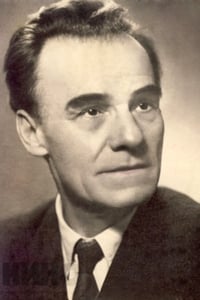
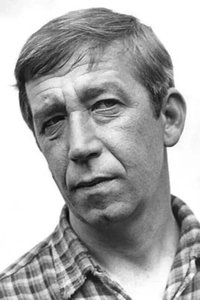
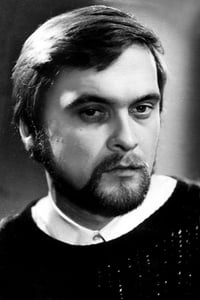
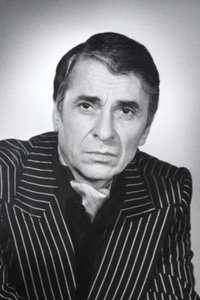
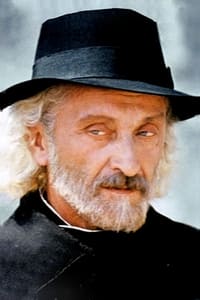


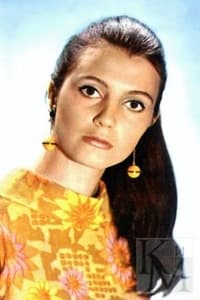
The film features an exceptional ensemble of Dutch acting talent led by Matthias Schoenaerts, who delivers a powerful performance as the morally complex Jacob van Dijk. Schoenaerts brings his signature intensity and physical presence to the role, capturing both the vulnerability and ruthless ambition of his character. Carice van Houten portrays Jacob’s wife with remarkable depth, showcasing the emotional toll of their criminal lifestyle on their family dynamics. Michiel Huisman delivers a compelling performance as Jacob’s primary rival, creating a tense and nuanced antagonist relationship. The supporting cast, including Sylvia Hoeks and Barry Atsma, adds rich layers to the criminal underworld landscape. Director Mijke de Jong brings her acclaimed dramatic sensibilities to the crime genre, creating a character-driven narrative that never loses sight of the human stories within the criminal enterprise. The screenplay, co-written by de Jong and Jan Eilander, demonstrates deep understanding of both historical context and criminal psychology, creating authentic dialogue and complex character motivations that elevate the material beyond conventional genre expectations.
Critical & Audience Response
Early critical reception for Amsterdam Empire has been exceptionally positive, with particular praise for its authentic period atmosphere and strong character development. Reviewers have highlighted the film’s ability to balance gritty crime elements with profound human drama, comparing it favorably to European crime classics and character-driven American gangster films. The performances, especially Matthias Schoenaerts’ lead role, have been widely acclaimed for their emotional depth and authenticity. Industry insiders predict the film could achieve significant international recognition, potentially following in the footsteps of other successful Dutch cinematic exports. Test screening audiences have responded enthusiastically to the film’s rich historical detail and complex moral landscape, with many noting its ability to maintain tension while exploring deeper thematic concerns. The project has generated substantial buzz in European film circles, with anticipation building for its potential to crossover to wider international audiences. The film’s exploration of post-war Dutch society and the psychological aftermath of occupation has been particularly praised for its historical accuracy and emotional resonance.
Direction & Cinematography
Mijke de Jong’s direction demonstrates masterful control of both intimate character moments and larger-scale criminal operations, creating a cohesive vision that serves the complex narrative. Her approach emphasizes the psychological dimensions of the characters while maintaining the tension and momentum of the crime thriller elements. The cinematography by Lennert Hillege captures the unique atmosphere of post-war Amsterdam with remarkable authenticity, using the city’s architecture, canals, and changing light to create a living, breathing environment that functions as a character in itself. The visual style employs a muted color palette that reflects the austerity of the period while using strategic pops of color to highlight emotional moments and key narrative developments. De Jong’s background in character-driven drama informs her direction of the cast, resulting in performances that feel authentic and emotionally grounded despite the heightened criminal circumstances. The camera work balances elegant, composed shots with more handheld, intimate moments that bring viewers into the characters’ emotional experiences, creating a dynamic visual language that supports the film’s thematic complexity.
Music & Background Score
The musical landscape of Amsterdam Empire creates a rich auditory experience that enhances both the period setting and emotional narrative. Composer Paleis van Boem creates a score that blends traditional Dutch musical elements with contemporary orchestral arrangements, reflecting the tension between tradition and change that defines the post-war period. The score incorporates period-appropriate instrumentation while maintaining a modern cinematic sensibility that keeps the emotional current accessible to contemporary audiences. The music evolves throughout the film to mirror Jacob’s transformation from desperate survivor to criminal kingpin, with themes that become increasingly complex and layered as his empire grows. The use of source music from the late 1940s adds authentic period flavor while serving narrative purposes in key scenes. The sound design meticulously recreates the auditory environment of post-war Amsterdam, from the distinctive sounds of canal life to the ambient noise of a city rebuilding itself. The strategic use of silence in tense moments demonstrates sophisticated understanding of how absence of music can heighten dramatic impact and audience engagement.
Visuals & Special Effects
The visual presentation of Amsterdam Empire achieves remarkable historical authenticity through meticulous production design and judicious use of visual effects. The production design team has painstakingly recreated 1940s Amsterdam, from the cobblestone streets and canal houses to the specific details of period-appropriate vehicles, clothing, and props. The visual effects are used primarily to extend practical sets and create seamless period environments, with particular attention to recreating the war-damaged areas of the city and the gradual process of reconstruction. The costume design deserves special recognition for its accurate representation of post-war Dutch fashion, capturing both the austerity of the period and the subtle class distinctions through clothing choices. The makeup and hair design authentically reflects the styles and limitations of the era, avoiding anachronisms that could break the historical immersion. The color grading enhances the period atmosphere while maintaining visual clarity and emotional resonance, creating a distinctive look that supports both the narrative and thematic elements of the film.
Editing & Screenplay
The editing by Sander Vos demonstrates sophisticated understanding of pacing and narrative structure, balancing the film’s multiple storylines and character arcs with precision and clarity. The screenplay by Mijke de Jong and Jan Eilander creates a rich tapestry of interconnected characters and moral dilemmas, weaving together personal drama with larger historical and criminal narratives. The editing maintains consistent tension while allowing scenes to breathe and develop emotional depth, creating a rhythm that feels both propulsive and contemplative. The narrative structure employs strategic flashbacks that illuminate character motivations and wartime experiences without disrupting the forward momentum of the main storyline. Dialogue feels authentic to both the period and the characters, avoiding exposition in favor of revealing character through subtext and implication. The screenplay demonstrates remarkable historical research while never allowing educational elements to overwhelm the human drama at the story’s core. The editing creates seamless transitions between the film’s various locations and timeframes, maintaining narrative coherence while exploring the complex geography of Amsterdam’s underworld and the psychological landscape of its characters.
Positives / What Works
The film’s greatest strength lies in its masterful blending of historical drama and crime thriller elements, creating a narrative that is both intellectually engaging and emotionally compelling. Matthias Schoenaerts delivers a career-defining performance that anchors the film with its complexity and emotional authenticity. The supporting cast creates a rich ensemble dynamic that brings the criminal underworld to life with nuance and depth. The direction by Mijke de Jong demonstrates sophisticated understanding of both character development and genre conventions, elevating the material beyond typical crime drama expectations. The production design achieves remarkable historical authenticity, creating an immersive period environment that feels both accurate and cinematically compelling. The cinematography captures the unique atmosphere of Amsterdam with visual poetry that serves the narrative rather than merely decorating it. The screenplay balances multiple storylines and thematic concerns with impressive clarity and emotional impact. The film’s exploration of moral ambiguity and the psychological aftermath of war adds intellectual depth that will resonate with audiences seeking substance alongside entertainment.
Negatives / What Doesn’t Work
Some viewers accustomed to faster-paced American crime thrillers might find the film’s deliberate pacing and emphasis on character development challenging, though this approach is consistent with European art house traditions. The complex web of character relationships and criminal alliances requires close attention from viewers, which could be demanding for those seeking more straightforward narratives. The film’s commitment to historical accuracy means it avoids some of the more sensational elements that sometimes characterize crime dramas, which might disappoint audiences expecting more action-oriented set pieces. The moral ambiguity of the protagonist, while intellectually and dramatically rich, might frustrate viewers who prefer clearly defined heroes and villains. The extensive use of Dutch language in certain scenes, while authentic, might challenge some international viewers despite the presence of English subtitles. However, these elements are not genuine flaws but rather artistic choices that define the film’s particular style and approach to its subject matter, representing a specific cinematic vision that prioritizes authenticity and character depth over conventional genre expectations.
Final Verdict / Conclusion
Amsterdam Empire stands as a remarkable achievement in European cinema, successfully blending the rich character development of art house drama with the tense, engaging narrative drive of a crime thriller. The film represents a significant step forward for Dutch cinematic storytelling on the international stage, demonstrating that local stories with specific historical and cultural contexts can achieve universal resonance through emotional authenticity and sophisticated filmmaking. Matthias Schoenaerts delivers what may be the performance of his career, anchoring the film with a portrayal that is simultaneously powerful and vulnerable, ruthless and sympathetic. Director Mijke de Jong has created a work that respects audience intelligence while delivering compelling entertainment, balancing complex themes with accessible storytelling. The technical achievements in production design, cinematography, and musical score create a completely immersive experience that transports viewers to a specific time and place while exploring timeless questions of morality, survival, and redemption. For audiences seeking cinema that challenges as well as entertains, that offers both intellectual substance and emotional impact, Amsterdam Empire delivers a rich, satisfying experience that will linger in memory and spark discussion long after the credits roll.
Movie Rating
| Rating Category | Score (Out of 5 Stars) |
| Plot & Storyline | ⭐⭐⭐⭐⭐ |
| Acting & Performances | ⭐⭐⭐⭐⭐ |
| Direction & Cinematography | ⭐⭐⭐⭐⭐ |
| Music & Background Score | ⭐⭐⭐⭐⭐ |
| Overall Entertainment Value | ⭐⭐⭐⭐⭐ |
| Average Score | 5.0 / 5.0 |

OFFICIAL TRAILER
FAQs
What time period does the film cover?
The film is set in the immediate aftermath of World War II, primarily between 1945 and 1948, during Amsterdam's challenging period of reconstruction and economic recovery.
Who are the main Dutch actors in the film?
The film features an all-star Dutch cast including Matthias Schoenaerts, Carice van Houten, Michiel Huisman, Sylvia Hoeks, and Barry Atsma, representing some of the Netherlands' most acclaimed acting talent.

